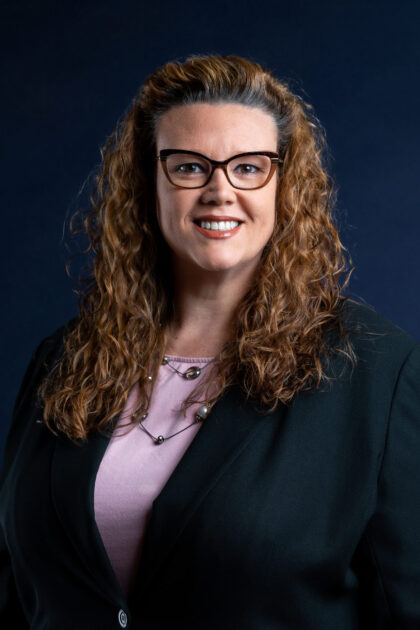The U.S. Small Business Administration (SBA) has extended disaster relief loans to include businesses that have been negatively impacted by COVID-19. These low-cost loans are intended to provide working capital relief to companies and most small private nonprofit organizations to alleviate economic injury caused by the pandemic. Note that Economic Injury Disaster Loan (EIDL) assistance is available only to small businesses and nonprofit organizations when SBA determines they are in a declared disaster area and are unable to obtain credit elsewhere.
The loans offered are up to $2 million and can be used to meet payroll or current accounts payable. Interest rates are generally 3.75% for small businesses and 2.75% for nonprofits. SBA offers loans with repayments for up to a maximum of 30 years. Terms are determined on a case-by-case basis, based upon each borrower’s ability to repay.
A business may qualify for both an Economic Injury Disaster Loan (EIDL) and a physical disaster loan. The maximum combined loan amount is $2 million. A business may qualify for an EIDL if it’s in a declared disaster area, and is one of the three following: small business, an agricultural cooperative, or a private nonprofit organization. To decipher whether your business is in a declared disaster area, check the SBA’s current disaster areas listed.
Physical disaster loans may apply if the business is in a declared disaster area and applies to necessary repairs or replacements to your business that may not be covered by business insurance. These loan proceeds may be used for the repair or replacement of real property, machinery, equipment, fixtures, inventory or leasehold improvements.
A small business, as defined by the SBA, depends on the industry and sub-sectors therein. Your EIDL loan amount will be based on your actual economic injury and your company’s financial needs, regardless of whether the business suffered any property damage.
To see if your business qualifies as a small business, follow this link: SBA standards. For additional information, check SBA and be patient as the website is running slower than normal due to the huge increase in online traffic.
Businesses also can get information through the SBA’s Customer Service Center at 1-800-659-2955 or 1-800-877-8339 for those who have a hearing impairment, or by emailing [email protected].
Getting these loans can take time. The U.S. Chamber of Commerce is calling on the federal government to make SBA loans available to small businesses more quickly and easily by eliminating the complex and time-consuming local certification process that is normally required.
The Chamber also said the SBA should be given the authority to streamline its disaster-loan approval process for amounts below $350,000 to provide emergency capital more quickly. Many small businesses have pushed for removing the requirement showing they cannot get credit elsewhere before turning to the SBA. Under the current process, this is still required.
Some experts are calling on the Treasury Department and the Federal Reserve to work with thousands of banks around the country to issue emergency loans. A third coronavirus bill taking shape in Washington could include an emergency small business interruption loan program.
We will keep you updated as more information is made available. If you have any questions, please contact Windham Brannon Principal, Carlye Dooley at [email protected].



